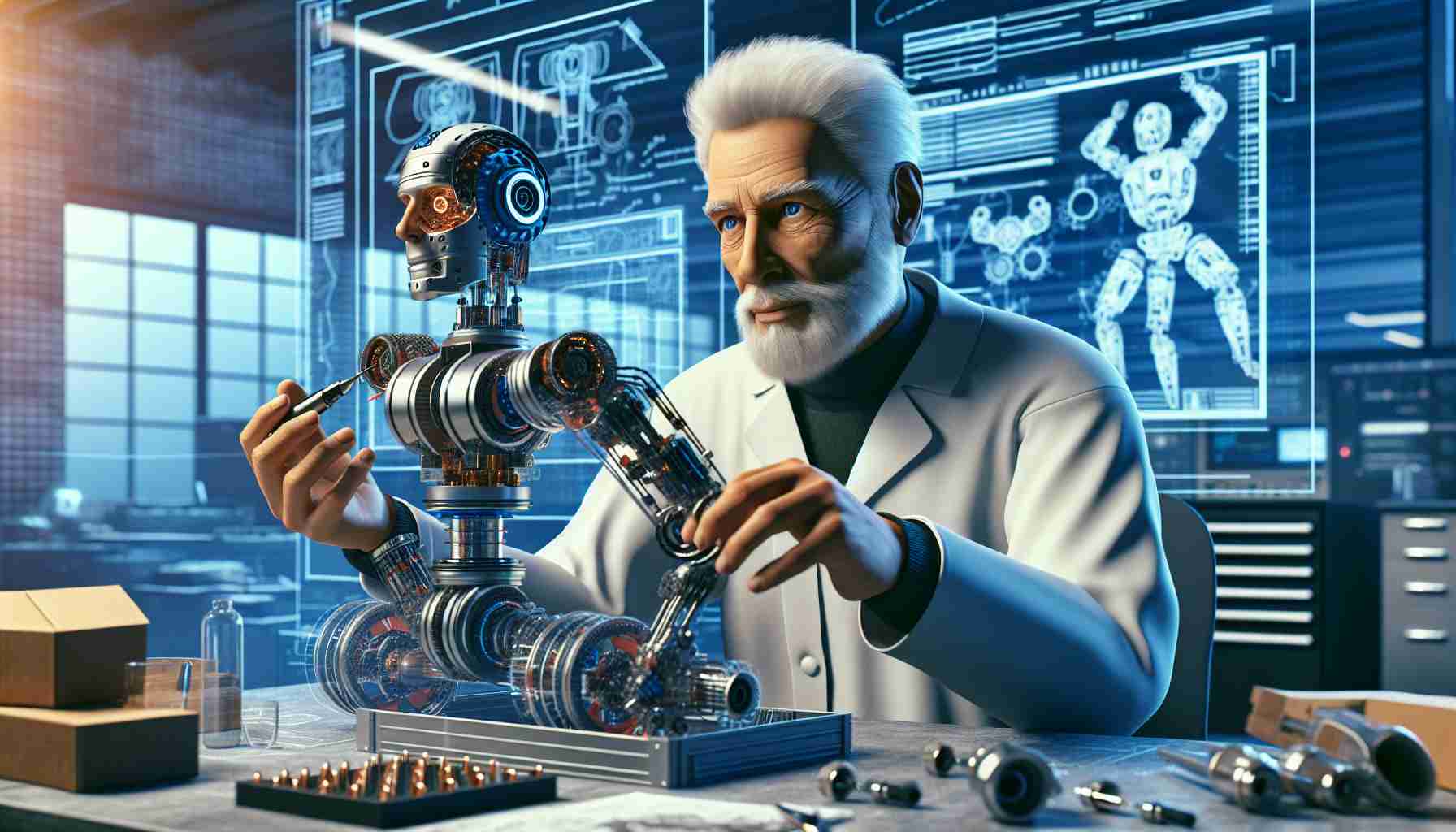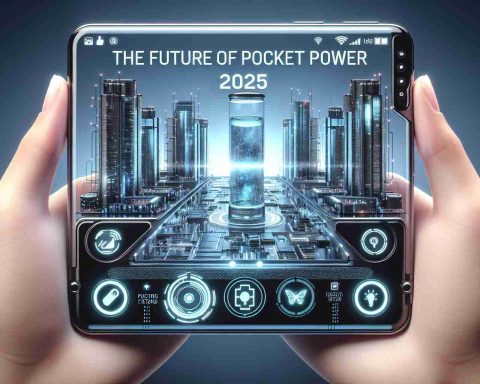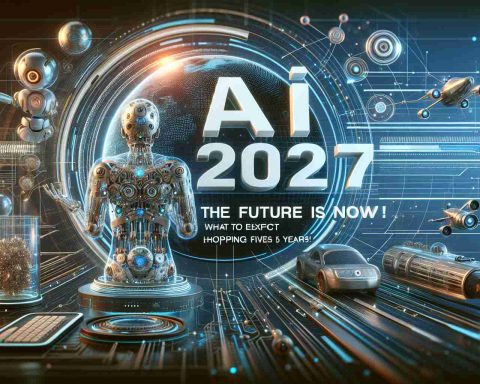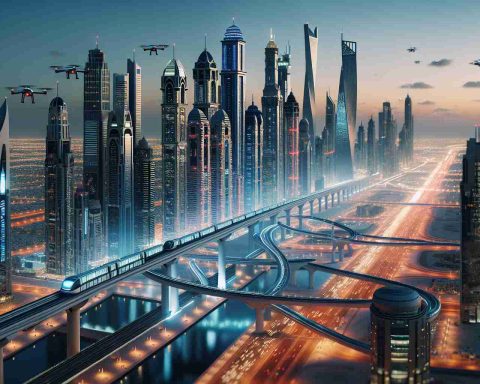The field of robotics has transformed industries and revolutionized technology, but who can lay claim to the title of the “father of robotics”? For many, that title belongs to Joseph Engelberger, an innovative engineer whose work laid the groundwork for modern robotics.
Engelberger’s journey into robotics began in the 1950s when he teamed up with inventor George Devol. Devol had created the concept for the first industrial robot, which he called “Unimate.” However, it was Engelberger who saw its potential, fiercely advocating for its development and application in manufacturing. Engelberger was instrumental in bringing Unimate to life, leading to its first deployment in a General Motors plant in 1961. This marked the dawn of the robotic revolution in the automotive industry.
Often referred to as the “father of robotics,” Engelberger was not only a visionary leader but also a persuasive advocate who recognized the future potential of robotic automation across various fields. He was a firm believer in the integration of robotics into everyday life, pushing the boundaries of how robots could be used beyond the industrial sector. His work laid the groundwork for robotics in various applications, including space exploration, healthcare, and personal assistant robots.
Though Engelberger passed away in 2015, his legacy continues to influence the field. His transformative ideas and pioneering spirit have cemented his place in history as a true innovator in the realm of robotics. As automation becomes ever more integrated into our lives, Engelberger’s contributions remain a cornerstone of this technological era.
The Untold Impact of Robotics’ Innovator on Global Societies
The legacy of Joseph Engelberger extends beyond his groundbreaking contributions to robotics in industries. His vision for a world integrated with robotic technology continues to shape how societies function today, impacting areas far beyond mere production lines. Engelberger’s advocacy for robotics in healthcare is starting to show profound effects as healthcare robots now assist in surgeries, elderly care, and rehabilitation, reducing human error and increasing efficiency.
How have these advancements influenced global communities? In countries with aging populations, such as Japan, robots designed for nursing help address workforce shortages in eldercare, improving quality of life for seniors without straining healthcare systems. The introduction of robotics in space exploration, another area Engelberger envisioned, has made significant strides. Robots are taking on roles in hazardous environments, enabling new discoveries and safer missions.
A compelling question is how robotics might evolve to further transform societies. As AI enhancements become integral to robotics, the potential for autonomous decision-making grows, raising ethical debates about job displacement and privacy. The dynamic balance between benefits and risks of robotics warrants ongoing discussion.
The controversial nature of this technology stems from fears of mass unemployment as robots replace traditional jobs. Thus, societies are challenged to adapt through education and reskilling initiatives, turning what some see as a threat into an opportunity for innovation.
For further reading on robotics’ transformative journey, visit Robotics Online and International Federation of Robotics.
















